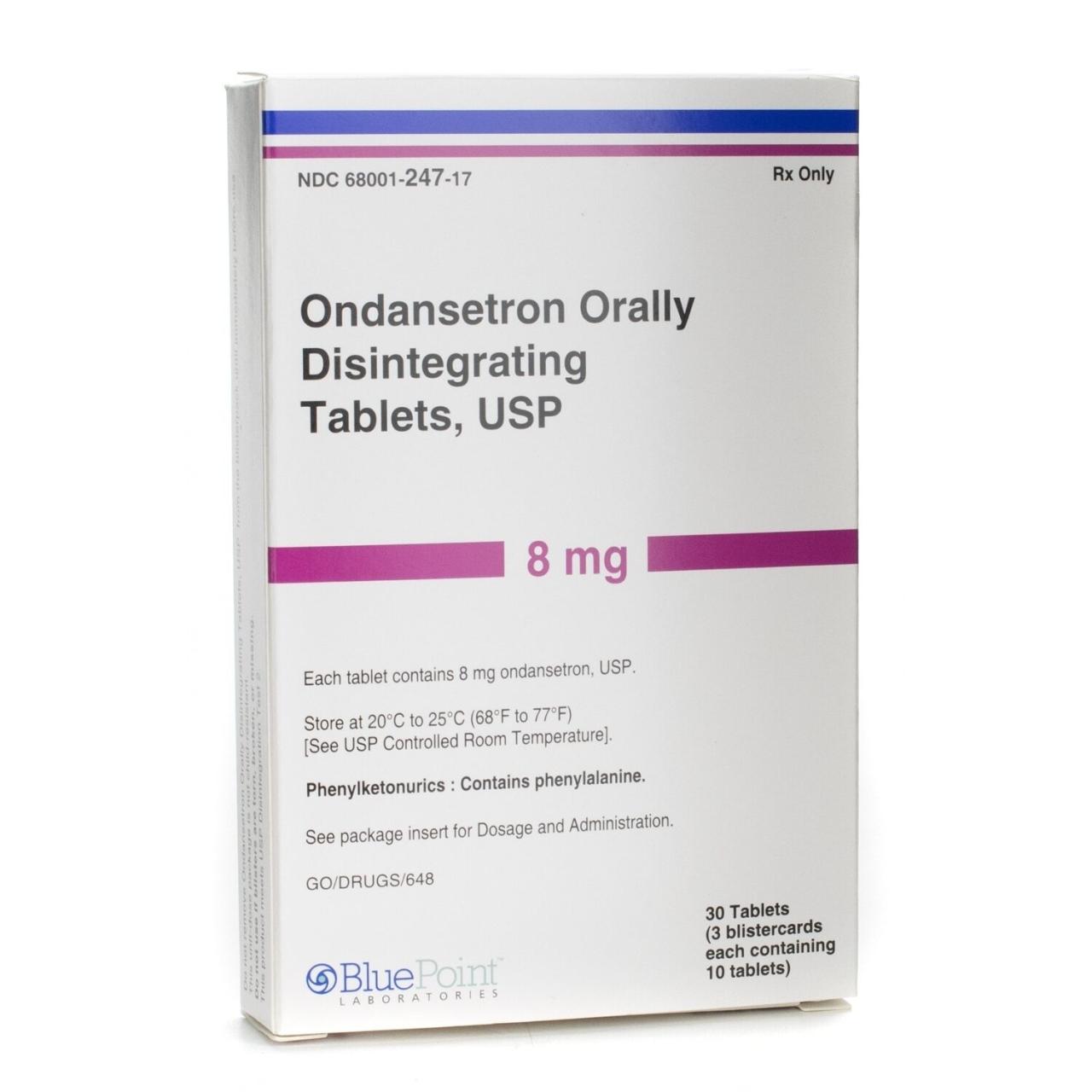Zofran and Weight Changes: A Comprehensive Overview: Zofran Weight Loss

Zofran weight loss – Ondansetron, commonly known as Zofran, is a medication primarily used to prevent and treat nausea and vomiting. While its primary function is unrelated to weight management, anecdotal evidence and some studies suggest a potential link between Zofran use and changes in appetite and weight. This article explores the multifaceted relationship between Zofran and weight, examining its potential effects on appetite suppression, metabolism, and the indirect impact through nausea management. We will also consider individual variations and interactions with other medications.
Zofran and Appetite Suppression
Zofran’s impact on appetite is complex and not fully understood. One potential mechanism involves its action on serotonin receptors in the brain, which play a role in regulating appetite. By affecting these receptors, Zofran might influence satiety signals, leading to decreased food intake. While specific studies directly linking Zofran to significant weight loss are limited, some research indicates a correlation between Zofran use and changes in eating habits. However, these changes are often subtle and can vary significantly among individuals. Side effects related to appetite changes, such as decreased appetite or an altered sense of taste, are also reported. Patient experiences regarding appetite changes while using Zofran are diverse, ranging from no noticeable effect to significant appetite suppression.
| User Report | Duration of Zofran Use | Appetite Change | Weight Change |
|---|---|---|---|
| Patient A | 2 weeks | Slight decrease in appetite | 2 lbs weight loss |
| Patient B | 1 month | No significant change | No weight change |
| Patient C | 3 weeks | Significant decrease in appetite | 5 lbs weight loss |
| Patient D | 1 week | Increased appetite | 1 lb weight gain |
Zofran and Metabolism

The direct impact of Zofran on metabolic rate and energy expenditure remains largely unstudied. There’s currently a lack of definitive research demonstrating a significant effect on metabolic processes. However, indirect effects are possible. For instance, decreased food intake due to appetite suppression could lead to a reduction in caloric intake, potentially contributing to weight loss. Furthermore, any changes in physical activity levels associated with nausea or its treatment could also influence weight.
A hypothetical study to investigate the direct effect of Zofran on metabolism could be designed as follows:
- Recruit a group of healthy volunteers and divide them into two groups: a Zofran group and a placebo group.
- Monitor both groups’ metabolic rates and energy expenditure using metabolic carts before, during, and after the treatment period.
- Control for factors such as diet and physical activity to minimize confounding variables.
- Analyze the data to determine if there’s a statistically significant difference in metabolic parameters between the two groups.
Zofran and Nausea-Related Weight Loss
Nausea frequently leads to reduced food intake and subsequent weight loss. The inability to tolerate food due to nausea disrupts the body’s ability to obtain necessary nutrients. Zofran, by effectively controlling nausea, can alleviate this problem, indirectly promoting better nutrition and potentially preventing weight loss associated with persistent nausea. For example, patients undergoing chemotherapy often experience severe nausea, leading to significant weight loss. Zofran can mitigate this weight loss by controlling the nausea and allowing patients to maintain a more normal dietary intake.
| Cause of Weight Loss | Mechanism | Typical Weight Change | Zofran’s Role |
|---|---|---|---|
| Illness (e.g., gastroenteritis) | Reduced food intake due to nausea and vomiting | Variable, depending on severity and duration | Can mitigate weight loss by controlling nausea |
| Chemotherapy | Nausea and vomiting as side effects of treatment | Significant weight loss possible | Can significantly reduce weight loss by improving tolerance of food |
| Anorexia nervosa | Self-induced starvation and distorted body image | Significant weight loss | Not directly indicated for weight management in this context |
Zofran and Other Medications, Zofran weight loss
The combined use of Zofran with other medications affecting appetite or metabolism can lead to complex interactions and unpredictable weight changes. For example, some antidepressants are known to increase appetite, while others may suppress it. Taking Zofran concurrently with an appetite-suppressing antidepressant might result in greater weight loss than with either medication alone. Conversely, using Zofran with an appetite-stimulating medication could potentially offset the appetite-suppressing effects of Zofran.
A hypothetical case study: A patient taking Zofran for chemotherapy-induced nausea also takes an antidepressant known to cause weight gain. The combined effect could lead to a smaller weight loss than expected with chemotherapy alone, or even a weight gain, due to the opposing effects of the medications on appetite.
Individual Experiences and Variations

Individual responses to Zofran regarding appetite and weight vary significantly. Factors such as age, metabolism, baseline weight, overall health, and the presence of other medical conditions all play a role. For instance, older adults may be more susceptible to appetite suppression from Zofran due to age-related changes in metabolism and digestive function. Individuals with pre-existing metabolic disorders might also experience different weight changes compared to healthy individuals.
| Factor | Potential Impact on Appetite | Potential Impact on Metabolism | Potential Impact on Weight |
|---|---|---|---|
| Age | Increased sensitivity to appetite suppression in older adults | Slower metabolism in older adults | Greater potential for weight loss in older adults |
| Metabolism | Faster metabolism may lessen the impact of appetite suppression | Significant individual variation | Weight changes vary greatly depending on metabolic rate |
| Underlying health conditions | Existing conditions can influence appetite and food tolerance | Can affect metabolic processes | Significant impact on weight changes |
